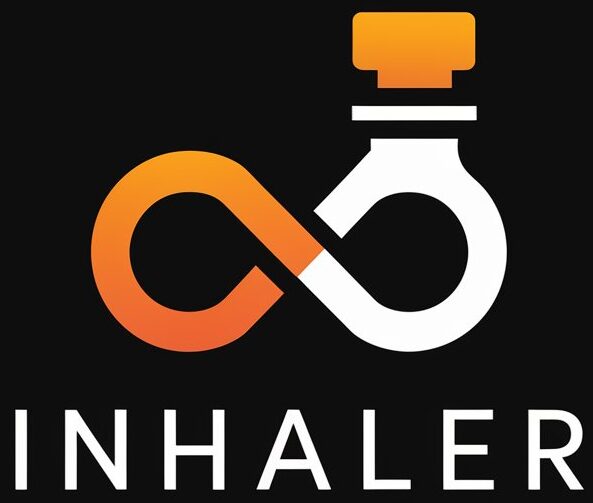Adrenaline, also known as epinephrine, is a hormone and neurotransmitter that plays a crucial role in the human body’s “fight or flight” response. It is produced in the adrenal glands, located just above the kidneys, and is released into the body during stressful or exciting situations. Despite its known association with stress, adrenaline has various physiological functions, contributing to various aspects of human health.
The production of adrenaline
The adrenaline synthesis process starts in the human brain. When the brain perceives a stressful situation, it sends a message through the nervous system to the adrenal glands. The adrenals then respond by producing adrenaline from the amino acid tyrosine. After its synthesis, adrenaline is stored in secretory vesicles until the body requires it. Once released, it interacts with various receptors throughout the body to spur the necessary reactions for handling the stressor.
The function of adrenaline
Upon its release, adrenaline triggers several responses to prepare the body for imminent danger. These responses include increasing heart rate, blood pressure, and blood glucose levels. The hormone also dilates the air passages, allowing for increased oxygen flow to the muscles. Furthermore, it restricts the body’s non-emergency functions, such as digestion, to allow more energy for dealing with the stressor.
Interestingly, adrenaline not only acts during stress situations. It also plays a critical role during exercise by enhancing muscle strength and optimizing the body’s energy expenditure. Moreover, in relation to its function in the brain, adrenaline enhances memory and attention, improving an individual’s ability to recall details of an event, which might have an evolutionary root to remember dangerous situations.
Adrenaline’s role in medicine
In the medical world, adrenaline has a variety of uses. It is often used in emergency situations to restart the heart during cardiac arrest due to its ability to stimulate heart contractions. Additionally, because it constricts blood vessels, adrenaline is used to decrease bleeding during surgery and other medical procedures. It’s also an active ingredient in EpiPens, providing a potent response against severe allergic reactions by relaxing the airways, preventing a phenomenon known as anaphylaxis.
Adrenaline’s impacts on mental health
While adrenaline has essential functions, chronic exposure, as seen in prolonged stress or anxiety disorders, can be detrimental to mental health. Abnormally elevated adrenaline levels can cause symptoms such as restlessness, a fast heart rate, and panic attacks. Moreover, chronic high adrenaline levels predispose one to developing conditions such as hypertension and heart disease over the long term.
Conclusion
Adrenaline, though primarily linked with the “fight or flight” response, plays a multitude of critical roles in the human body. It’s integral for survival, physiological activities like exercise, memory enhancement, and even medicinal use. However, like anything in excess, chronic high adrenaline levels pose health risks, showcasing the importance of maintaining a balanced stress response. Learning about adrenaline’s physiology and function emphasizes the human body’s complexity, resilience, and intricate ability to adapt and respond to different situations.
Frequently Asked Questions
1. Where is adrenaline produced?
Adrenaline is produced in the adrenal glands, which are found just above the kidneys.
2. What triggers the release of adrenaline?
The release of adrenaline is typically triggered by stress, excitement, or fear – situations that the brain perceives as a threat.
3. What is the role of adrenaline in “fight or flight” responses?
Adrenaline prepares the body for “fight or flight” by increasing heart rate, blood pressure, and blood glucose levels. It also dilates the air passages for increased oxygen flow to the muscles.
4. How is adrenaline used in medicine?
Adrenaline is often used in emergency situations to restart the heart during cardiac arrest. It can also decrease bleeding during surgery and counter severe allergic reactions.
5. What are the impacts of chronic high adrenaline levels?
Chronic high adrenaline levels, often seen in prolonged stress or anxiety disorders, can cause restlessness, a fast heart rate, panic attacks, and predispose one to developing conditions such as hypertension and heart disease.

